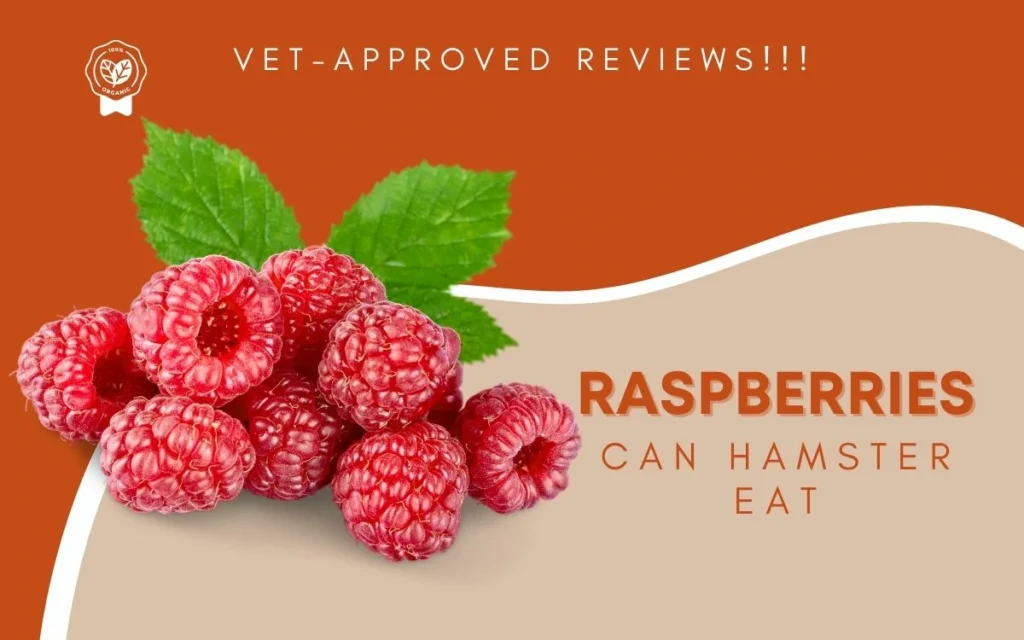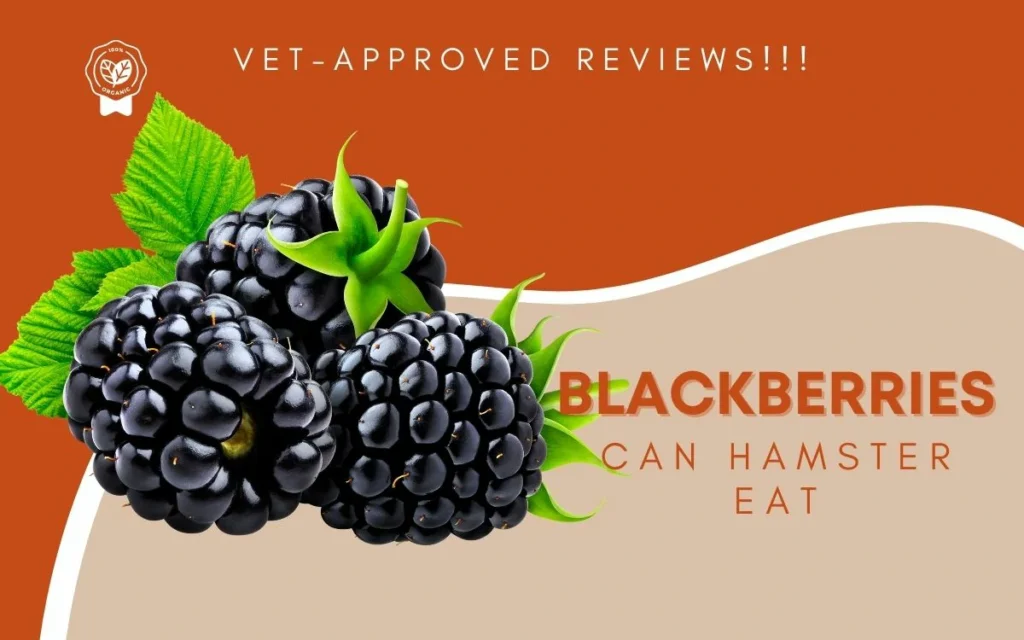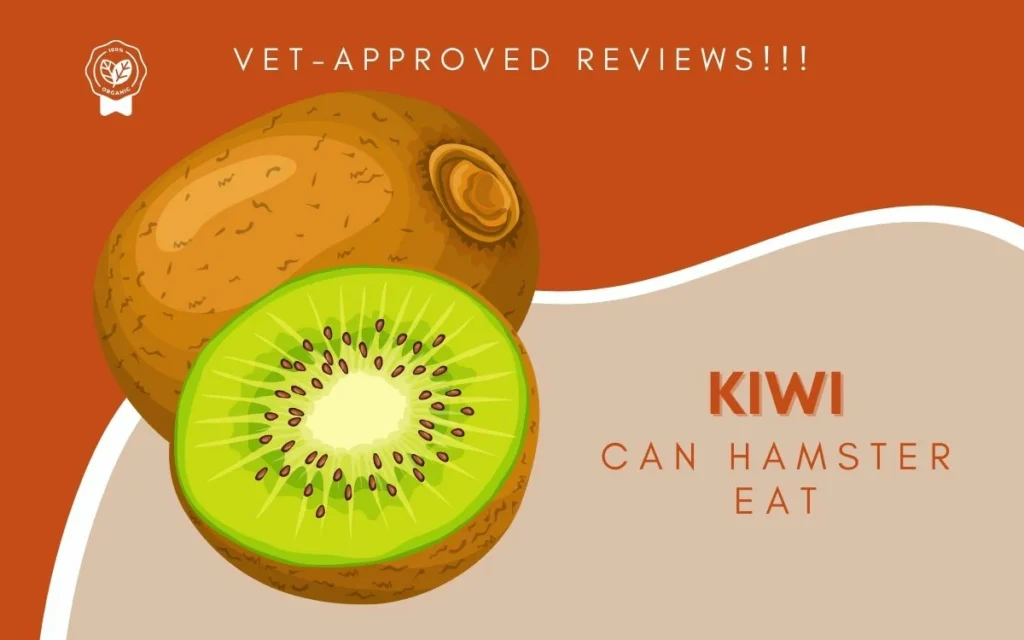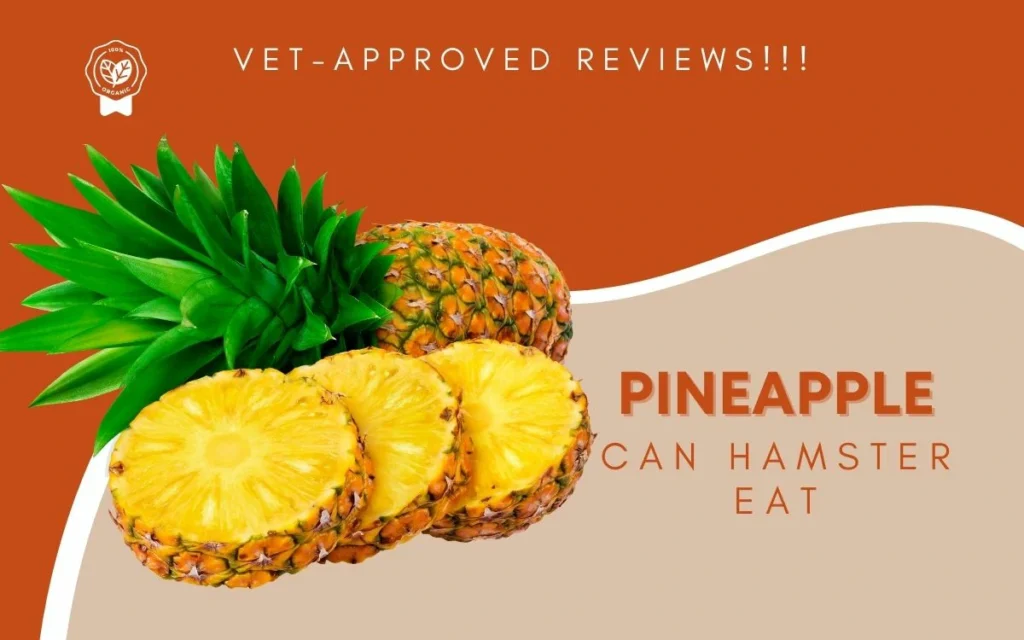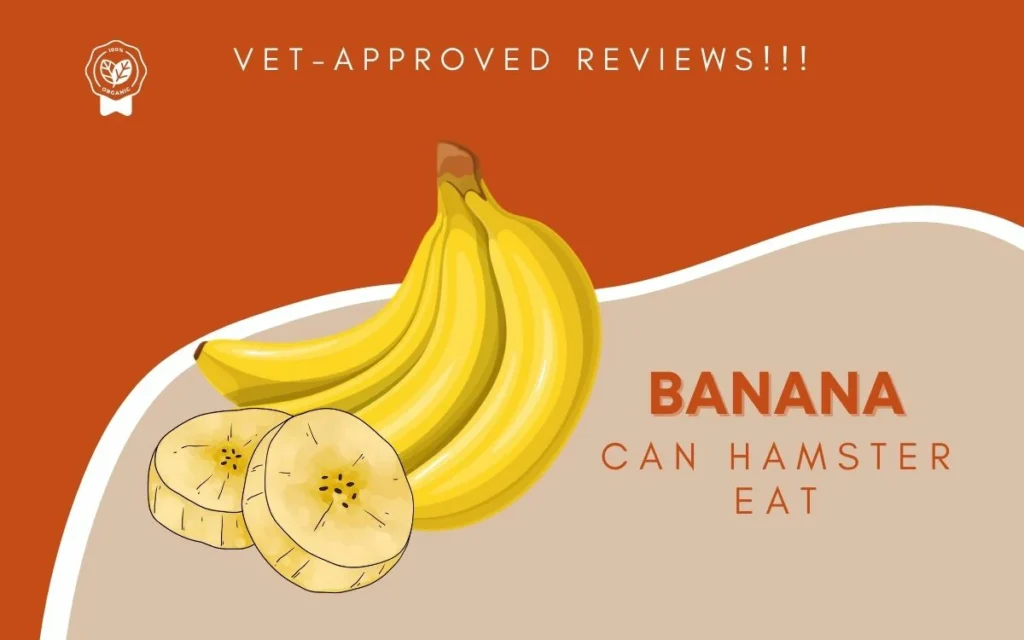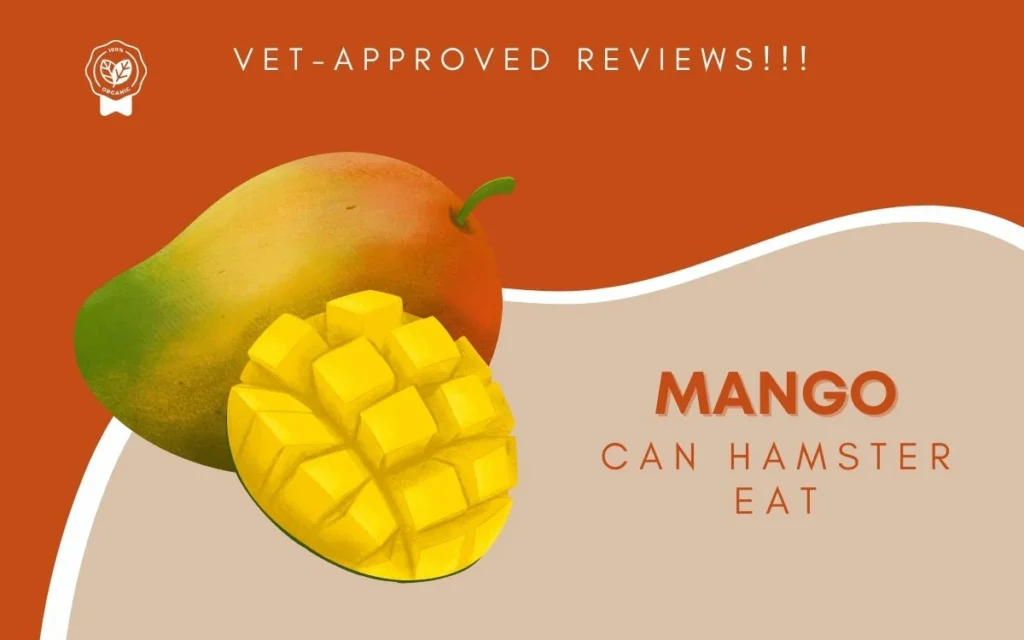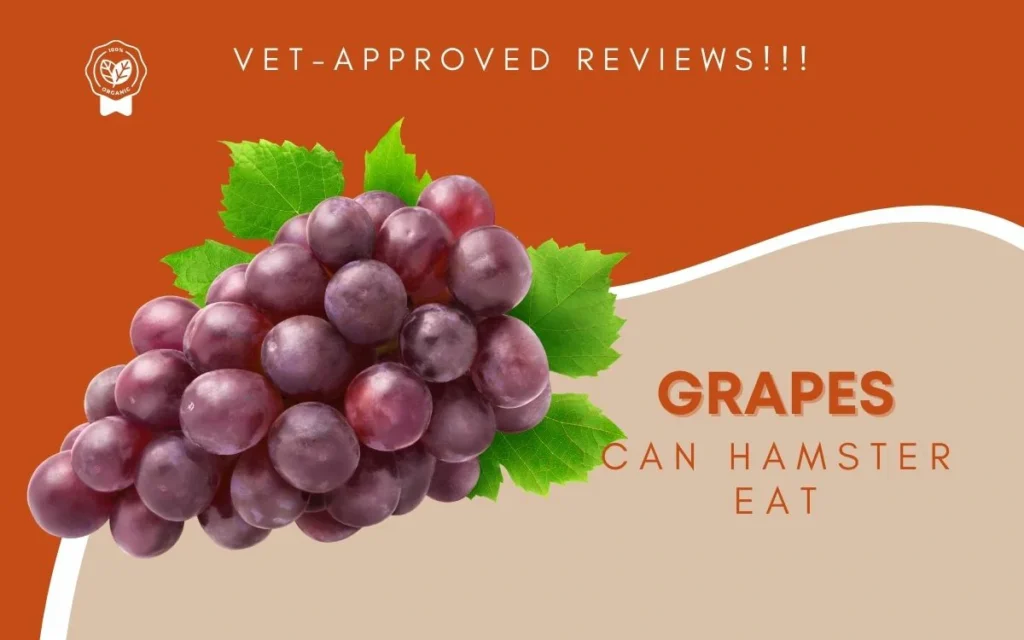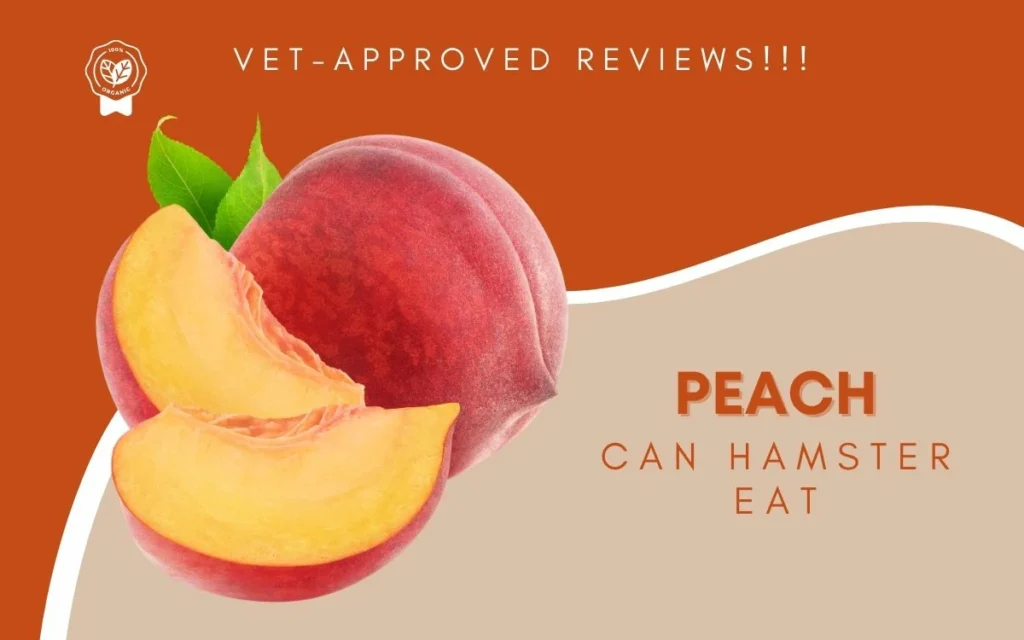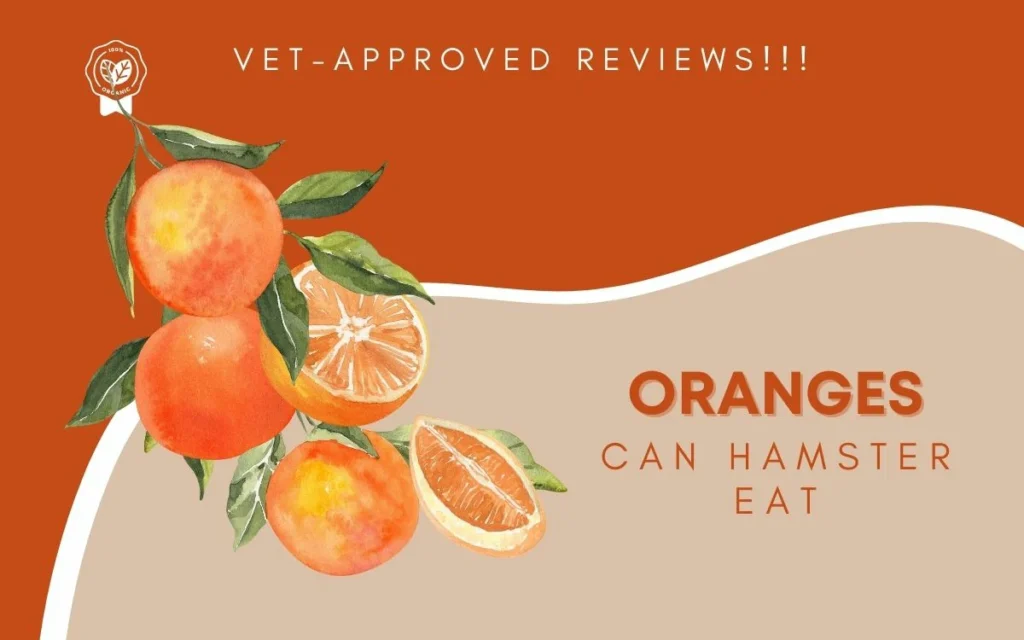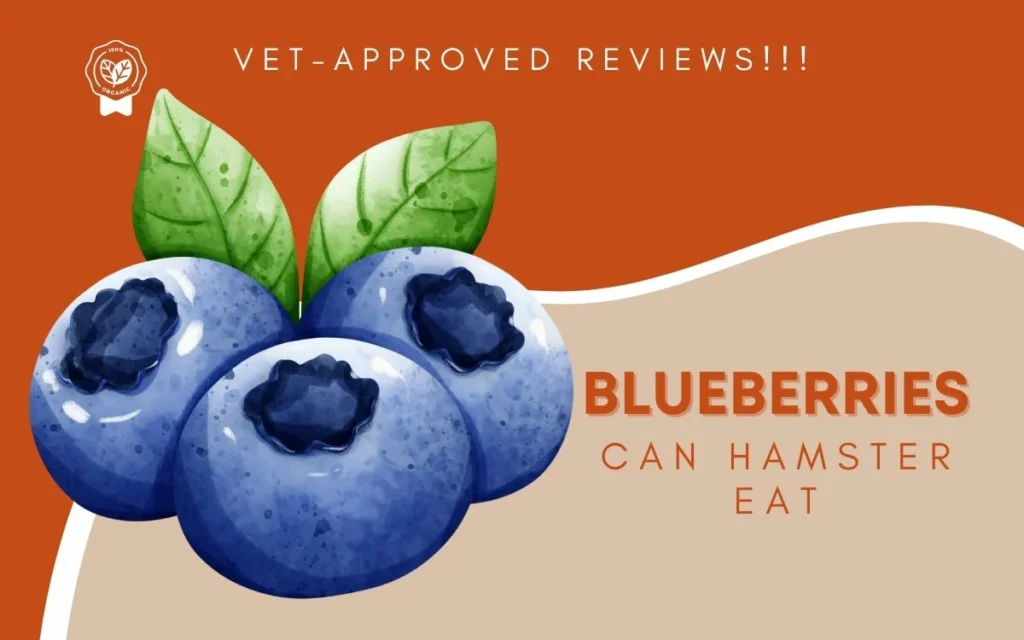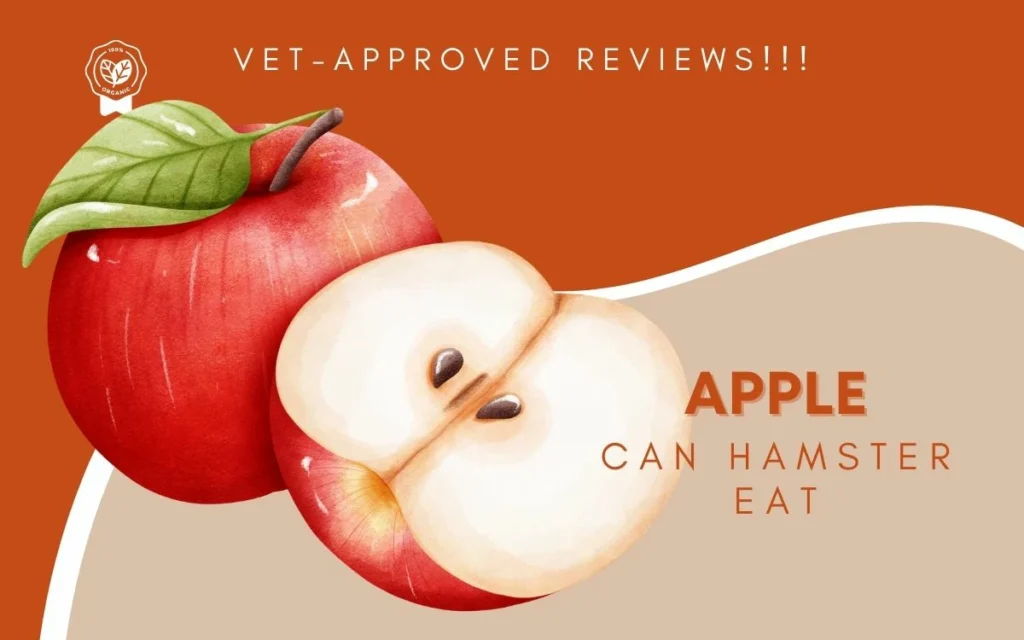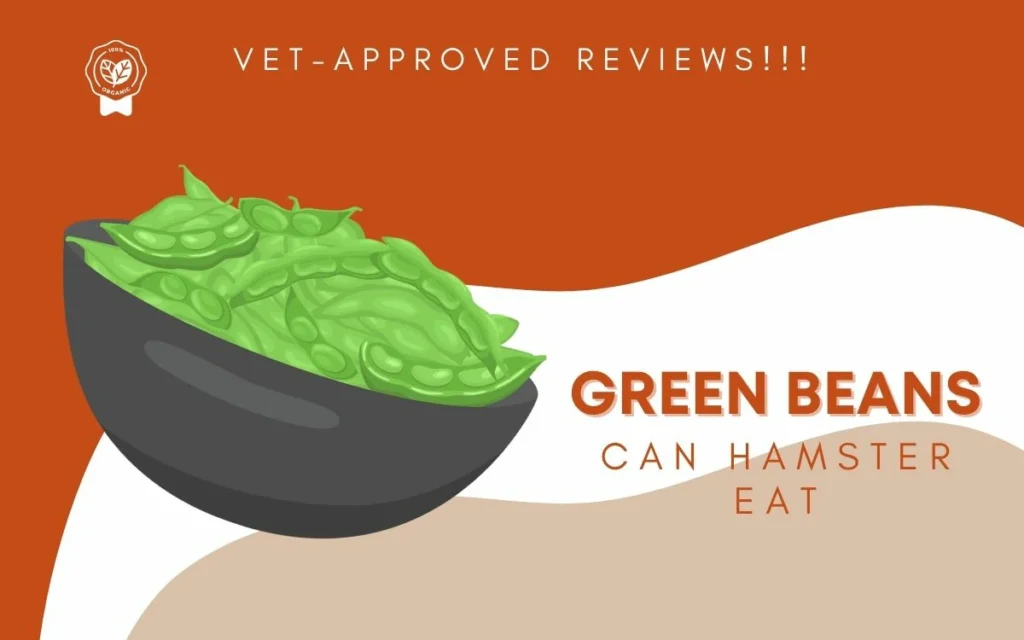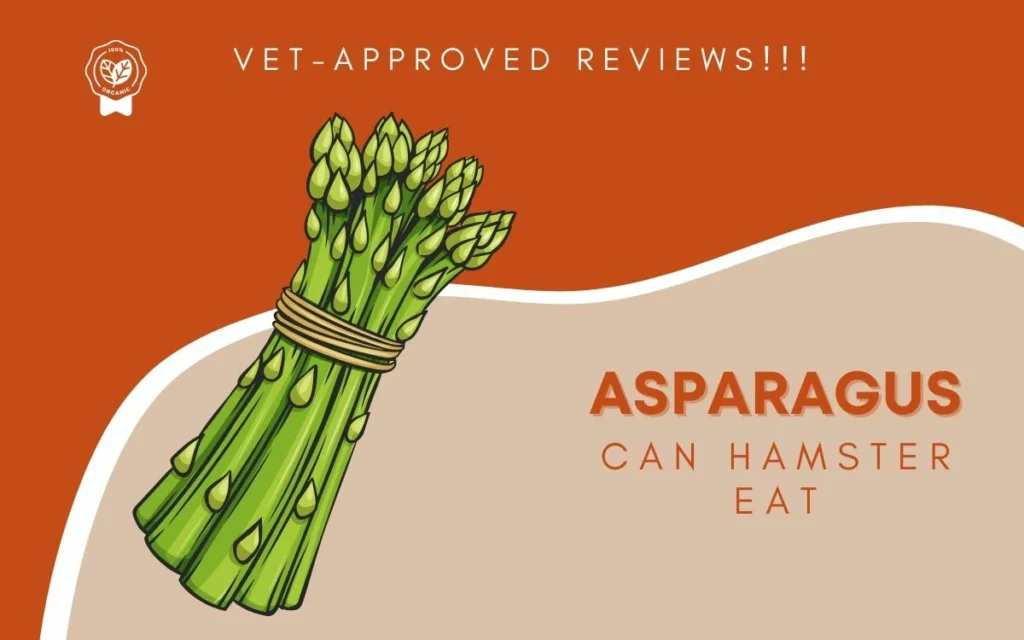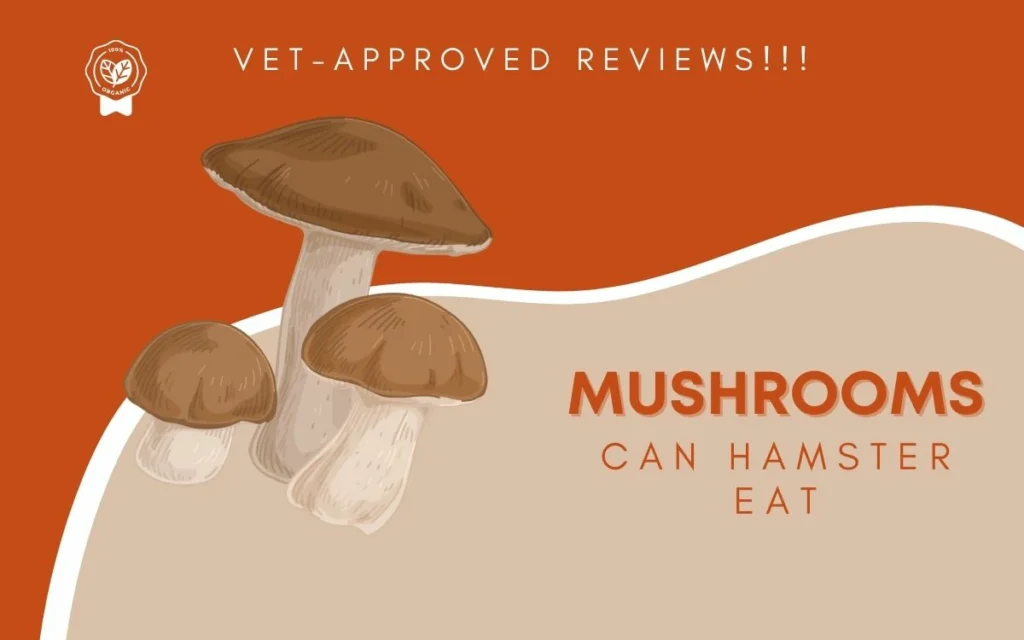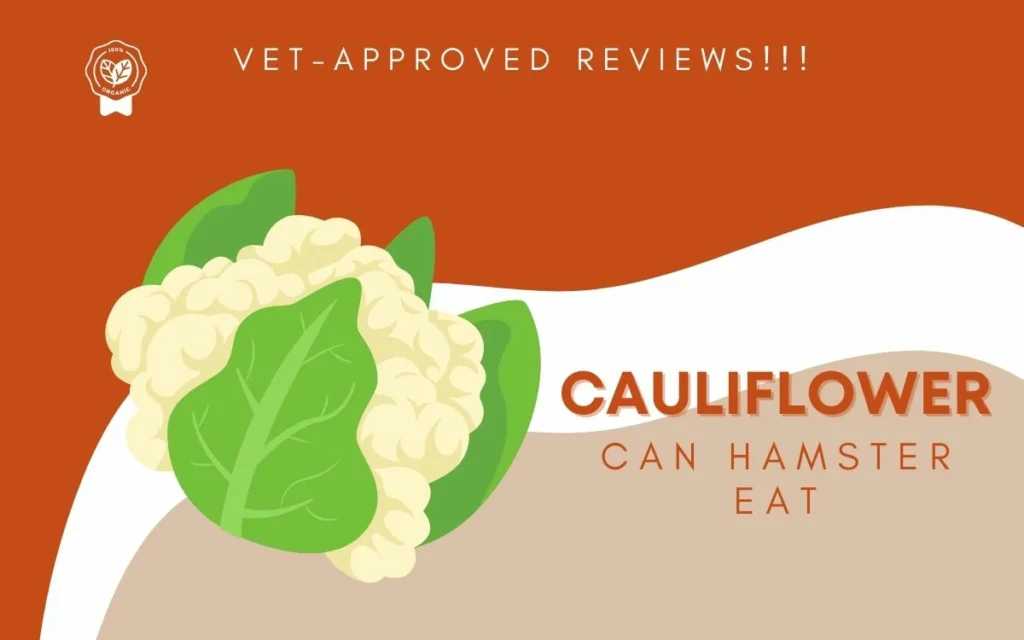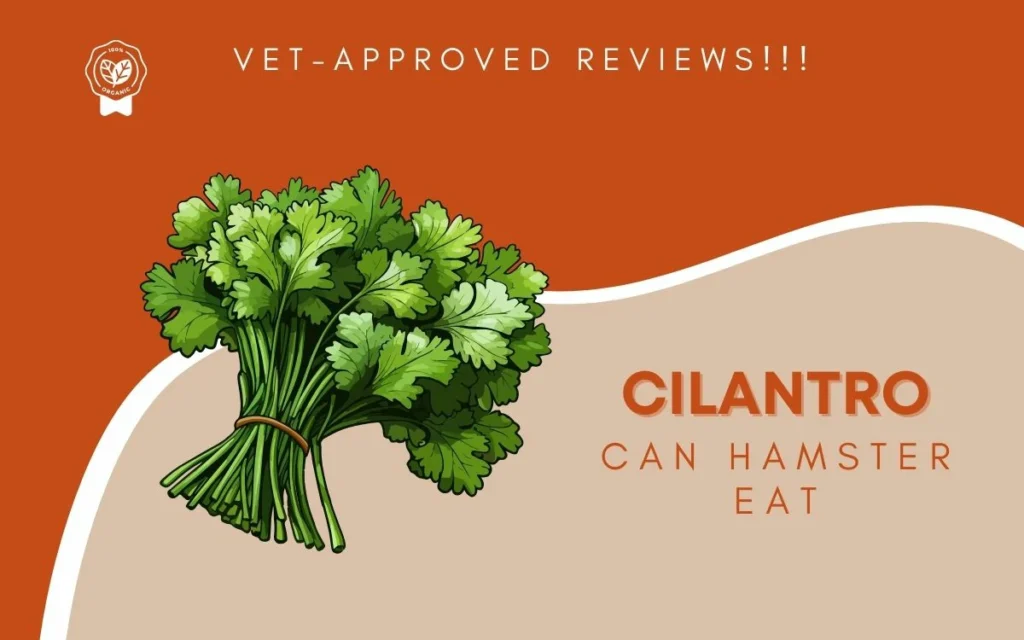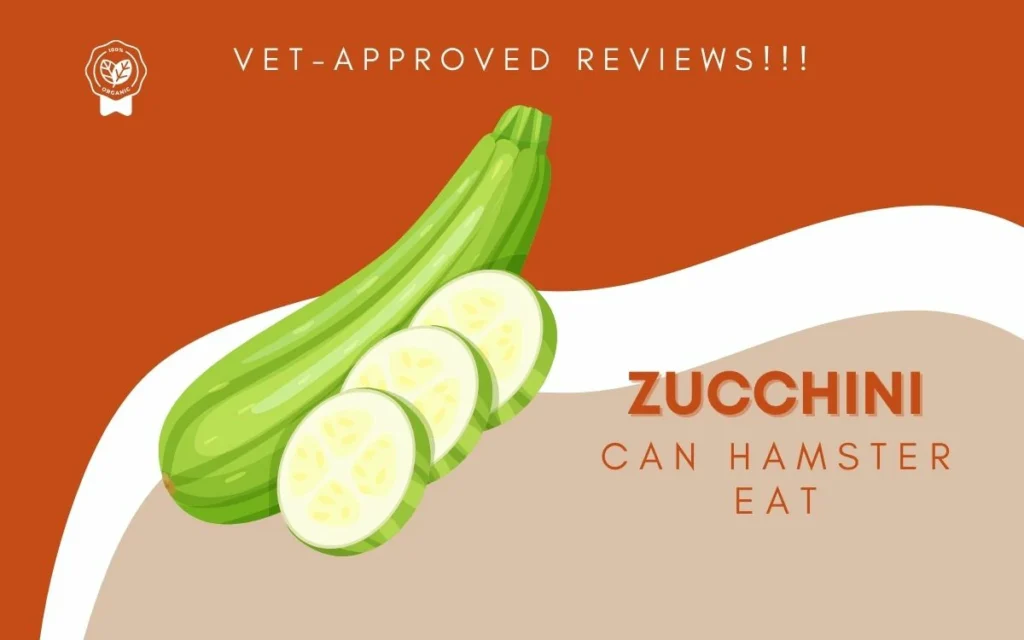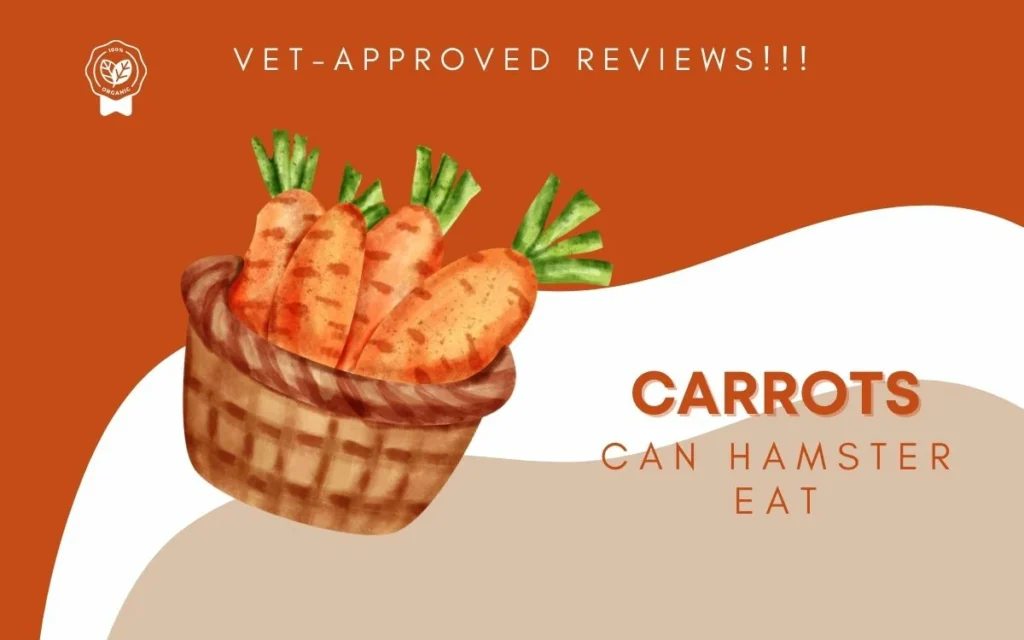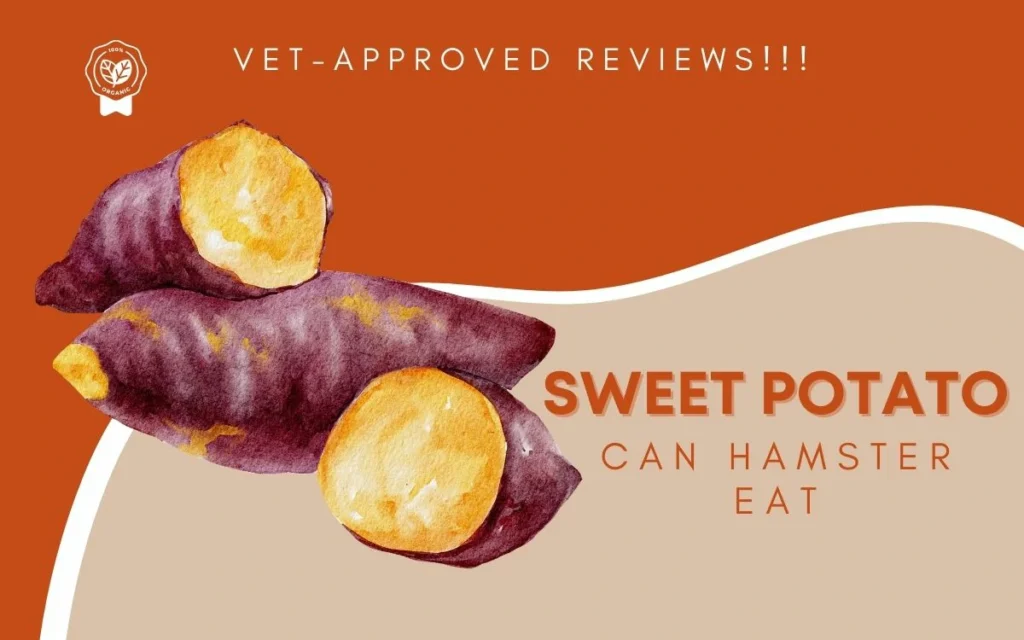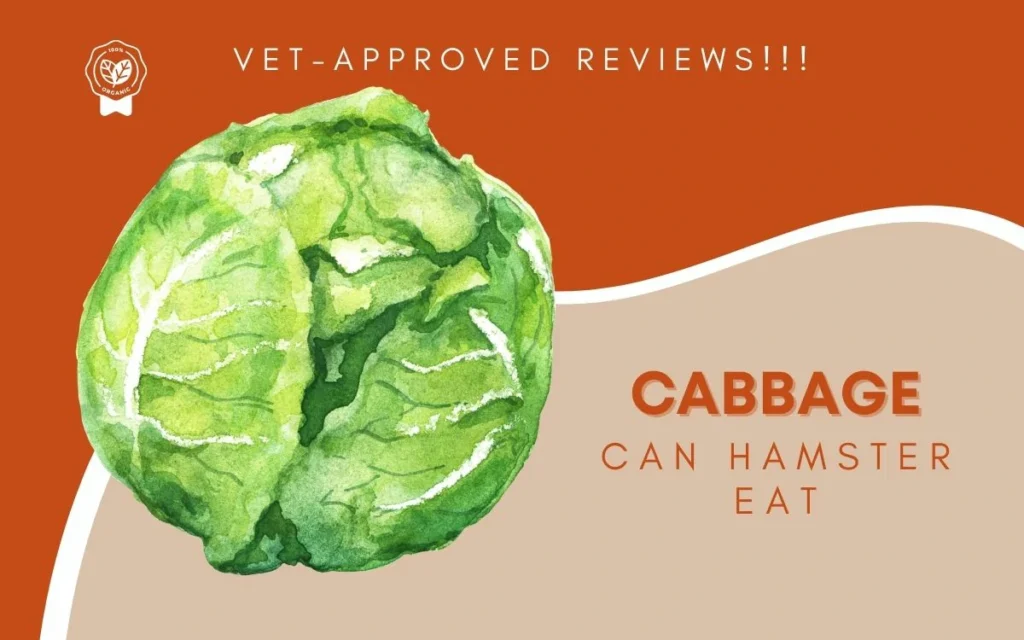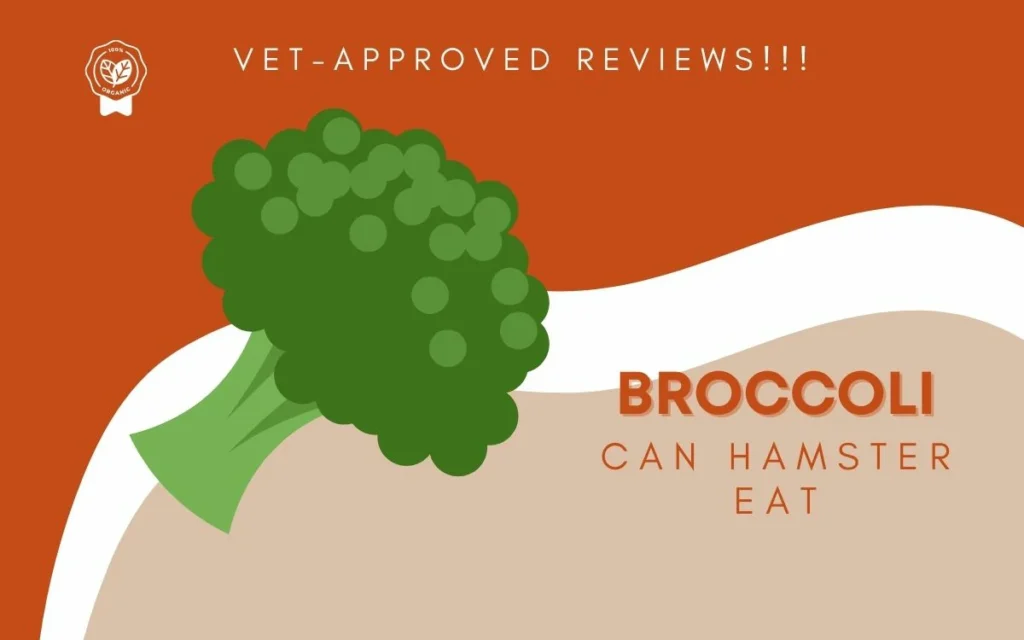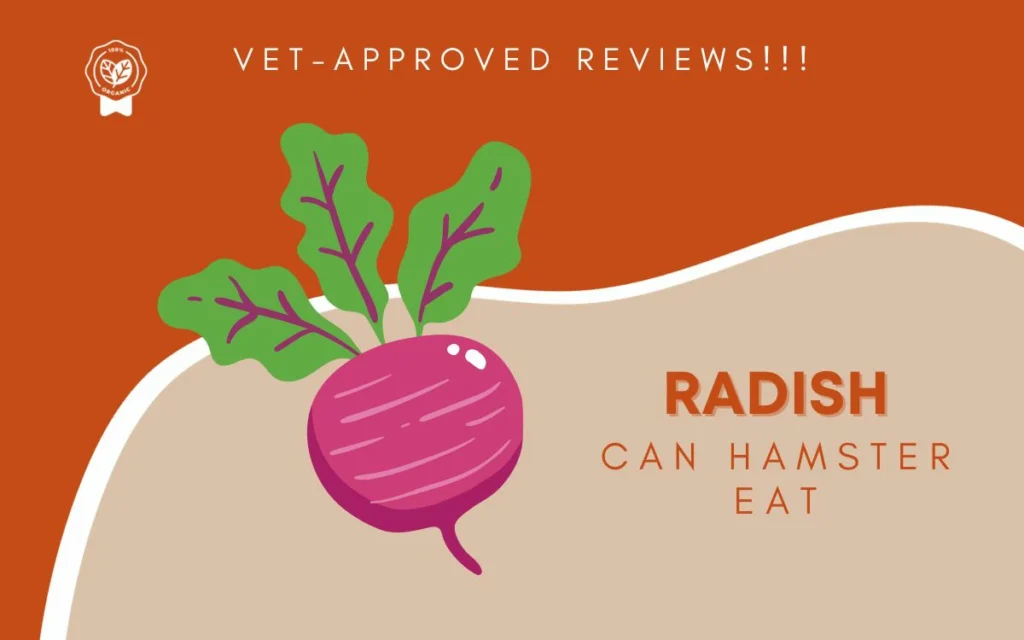Tomatoes make a tasty treat for us humans, but can our small furry friends enjoy them as well? Specifically, is it safe and healthy to feed tomatoes to hamsters?
This article will explore whether hamsters can eat tomatoes, the potential benefits and risks, proper feeding tips, and nutritious alternatives. Read on to learn all you need to know about giving tomatoes to your hamster!
Can Hamsters Eat Tomatoes?
Tomatoes contain many beneficial vitamins and nutrients, but they also have components that can be problematic for hamsters. To understand if tomatoes are a good choice of produce for hamsters, let’s break it down by type of hamster.
Can Syrian Hamsters Eat Cherry Tomatoes my:
Syrian hamsters, also known as golden or teddy bear hamsters, are among the more commonly kept pet hamster species. Their digestive tracts and dietary needs differ slightly from other hamsters.
Cherry tomatoes When it comes to cherry tomatoes, Syrian hamsters can eat them in moderation as an occasional treat.
Cherry tomatoes are smaller in size, so they are easier for a Syrian hamster to eat compared to regular sized tomatoes.
The juicy flesh and skin provide moisture, while the seeds offer extra protein and fiber. Just be sure to introduce them slowly and limit portion sizes to reduce risk of diarrhea.
Can Adult Hamsters Eat Tomatoes?
Whether we’re talking about Syrian, dwarf, Roborovski or Chinese hamsters, adult hamsters generally have an easier time processing and passing seeds and vegetation compared to baby hamsters.
With that said, most types of adult hamsters can consume cherry or grape tomatoes on occasion with low risk of digestive upset.
Their guts are mature enough to break down tomato flesh without issue.
As always, gradually incorporate tomatoes so you can spot any negative reactions right away.
And no more than a teaspoon of tomato once or twice per week is recommended even for healthy adults.
Can Baby Hamsters Eat Tomatoes?
Baby hamsters should avoid tomatoes, even in tiny quantities. A hamster is still considered a baby until it reaches around 10-12 weeks old.
At this young age, a hamster’s digestive system is too immature to properly break down plant matter like tomatoes. The skin, flesh, seeds and juice can actually be quite difficult for them to digest.
Feeding tomatoes to baby hamsters can easily cause painful gas, diarrhea or even intestinal blockages. It’s best to wait until they reach adulthood before offering any produce.
Are Tomatoes a Nutritious Treat for Hamsters?
Now that we know which types of hamsters can safely eat tomatoes, let’s discuss whether tomatoes make for a nutritious treat for them.
Feeding Tips for Hamsters and Tomatoes:
When introducing any new food to a hamster’s diet, it’s important to do so slowly and carefully watch their reaction.
Here are some tomato feeding tips to keep your hamster happy and healthy:
Start with Very Small Portions:
Begin by offering just a bite or two of cherry tomato. Observe your hamster closely for the next 24 hours for signs of digestive upset like loose stool or lethargically is.
If all seems well, you can begin to gradually increase portion sizes over the next couple weeks. But never exceed one whole cherry tomato per serving.
Always Serve Fresh:
To retain the highest nutrient content and avoid spoilage, only feed freshly cut tomato. Leftover pieces will lose vitamin C potency quickly.
Remove Seeds & Rinse Well:
Hamsters struggle to pass seeds properly. Remove all seeds prior to serving. Also rinse thoroughly to prevent exposure to any garden pesticides.
Pair with High Fiber Foods:
The juicy tomato flesh has very little fiber. To help digestion, serve tomato alongside timothy hay or a commercial hamster food that lists a legume like pea fiber as the first ingredient.
Avoid Feeding Too Often:
Watery fruits & veggies like tomatoes should only be an occasional treat in a hamster’s diet. Offer a small piece just once or twice per week at most, even for adult hamsters.
Nutrition values per amount 100mg:
| Tomatoes Types | Calories | Carbo(g) | Fiber(g) | Fat(g) | Vitamins & potassium(mg) |
| Roman Tomatoes | 18 | 3.7 | 1.3 | 0.2 | A and C 238 |
| Cherry tomatoes | 17 | 3.8 | 1.3 | 0.2 | A&C 236 |
| Pulm tomatoes | 12 | 2.7 | 1.2 | 0.2 | C&D 240 |
| Beefsteak tomatoes | 24 | 3.7 | 1.3 | 0.2 | A&B 237 |
| Green tomatoes | 22 | 3.6 | 1 | 0.2 | C&A 237 |
The Benefits of Feeding Tomatoes to Hamsters:
Now let’s explore all the potential health benefits of treating your hamster to the occasional cherry tomato:
Immune System Support:
Well to the abundant vitamin C tomatoes contain, incorporating them into your hamster’s diet a couple times a month can help keep their immune system in top shape.
Vitamin C assists with protein metabolism inside cells, boosts the function of phagocytes and lymphocytes (immune cells), and acts as an antioxidant to reduce inflammation caused by infections.
It also enables the production of collagen, which aids in healing wounds.
With proper vitamin C levels, your hamster will be better equipped to fight off pathogens and recover quickly if they do get sick.
Supports Bone Health:
Tomatoes also provide vitamin K. While best known for its role in proper blood clotting, vitamin K is also important for bone metabolism and reducing risk of fractures.
This vitamin activates osteocalcin, a protein responsible for integrating calcium into bone tissue to strengthen bones. By incorporating tomatoes into your hamster’s menu, you can help build strong healthy bones less prone to breakage.
Helps Manage Diabetes:
Some research indicates tomatoes may offer protective benefits against diabetes. Tomatoes contain lycopene, a red pigment antioxidant compound shown in studies to help regulate and improve insulin response.
Although rare, hamsters can develop diabetes either hereditarily or from obesity and poor diet later in life. Serving tomato occasionally may help manage healthy blood sugar levels to prevent or reduce diabetic complications.
Provides Moisture:
The flesh of tomatoes has an extremely high water content, about 94%. This juicy treat can help provide essential fluid to ensure your hamster stays well hydrated.
Dehydration is a common risk for hamsters, especially in hot, dry climates. Offering a fresh cherry tomato piece along with the usual water bottle access can encourage extra water intake.
Promotes Dental Health;
The firm flesh of tomatoes can help promote good dental hygiene for hamsters.
Chewing and gnawing on a tomato piece acts as a natural toothbrush to scrub away any plaque or debris buildup on teeth.
This reduces likelihood of inflamed gums, infection and tooth decay – dental disease issues relatively common in hamsters that can negatively impact their quality of life.
Potential Risks of Feeding Tomatoes to Hamsters:
While tomato does carry some excellent health benefits for hamsters, there are a few potential risks to consider as well before offering it:
Gas & Diarrhea:
The primary risk is digestive upset. Even if fed properly in moderation, some hamsters may simply have difficulty processing the seeds and skin contained in tomatoes.
Consuming tomatoes can result in gas, abdominal cramps, loose wet stool or diarrhea. Baby hamsters under 10-12 weeks old are at highest risk of these issues.
If your hamster exhibits any digestive distress after eating tomatoes, discontinue feeding immediately and avoid tomatoes in the future.
Intestinal Blockage:
For baby hamsters, under-ripe tomato pieces with tough skin or the presence of seeds can also pose risk of painful intestinal blockage.
Their undeveloped guts struggle to breakdown such fibrous materials, which can clump together and cause a partial or complete obstruction. This is a medical emergency, so tomatoes should always be avoided for young hamsters.
Pesticide Exposure:
Commercially grown tomatoes may contain residual pesticides on the skin and flesh, even after washing. Over time, exposure to these chemicals can potentially impact liver and kidney function as well as the nervous system.
Always minimize this risk by thoroughly rinsing tomato pieces before feeding and, ideally, selecting certified organic tomatoes whenever possible.
Choking Hazard:
The small round shape of cherry tomatoes makes them a potential choking risk, especially for dwarf hamsters with tiny mouths and cheek pouches.
Always monitor your hamster closely while they eat tomatoes to ensure proper chewing and that pieces make it safely to the stomach.
So while tomatoes do offer some great nutritional value, hamsters may still experience digestive troubles or other adverse reactions in some cases. Proper preparation and portion control is key to reducing risks.
How Often Should You Feed Tomatoes to Your Hamster?
We know hamsters can enjoy tomatoes as an occasional treat, but how often is occasional exactly?
Here are some feeding frequency guidelines:
For adult hamsters who tolerate tomato well:
- Syrian Hamsters: 1-2 small pieces per week
- Dwarf Hamsters: Couple tiny bites 1-2 times per week
For healthy adult hamsters with no negative reactions, a couple servings weekly is perfectly fine. Any more than that may cause stomach upset.
Baby hamsters under 10-12 weeks old should avoid tomatoes altogether until reaching adulthood, as their digestive systems cannot handle it.
And of course if your hamster shows any signs of diarrhea, lethargy or discomfort after eating tomatoes, stop serving them immediately.
Alternative Nutritious Treats for Hamsters:
If your hamster seems sensitive to tomatoes or you just want to mix up snack time, there are plenty of other healthy produce choices too:
Fruits:
Fruits hamsters enjoy include:
- Apple Slices – High in vitamin C & fiber
- Blueberries – Packed with antioxidants
- Banana Pieces – Provide potassium & vitamin B6
- Strawberries – Full of vitamin C with some calcium
These should still only be fed in extreme moderation, about once weekly, to prevent obesity or sugar overdose.
Vegetables:
Some vegetable alternatives include:
- Carrots – For vitamin A & fiber
- Broccoli Florets – Have vitamin C & K
- Cucumber Slices – Help hydration
- Sweet Bell Pepper – Contains vitamin A & C
Veggies tend to be lower in sugar than fruits, but also introduce gradually and limit portions to just a few bites per week.
Other Treats:
If you want treat options unrelated to produce, here are some healthy ideas:
- Mealworms – Provide protein
- Rolled Oats – Have fiber for digestion
- Nuts – Offer vitamin E, phosphorus & healthy fats
- Seeds – Like chia and flax provide fiber & minerals
- Whole Grain Cereal – Such as Cheerios make a nice low-sugar snack
Tips for Introducing Tomatoes into Your Hamster’s Diet:
If you’d like to share the gift of tomatoes with your hamster friend, here’s a quick summary of tips for getting started:
- Begin with just 1-2 tiny bites of tomato
- Only offer tomatoes to adult hamsters over 12 weeks old
- Select ripe cherry or grape tomatoes which are smaller & easier to eat
- Always wash thoroughly & remove all seeds before serving
- Introduce slowly & monitor closely for any digestive upset
- For adult Syrians, don’t exceed 1 whole cherry tomato per week
- For adult dwarfs, a few small nibbles of tomato per week max
Conclusion:
Although tomatoes are a very healthy treat for people, when it comes to hamsters though you have to be careful and remember that they only require small amounts of the fruit.
All hamsters may have digestive problems from tomato eating. Adult hamsters can still obtain some nutritional benefits from tomatoes if they are fed properly and sparingly.
But baby hamsters under 10-12 weeks need to avoid tomatoes completely. If you follow the feeding tips and portion recommendations described above, your hamster friend will not be harmed by eating tomatoes occasionally as part of a well-rounded diet.
But be sure to monitor closely for any signs of reactions, and you’ll see their eyes light up when this juicy nutrient-filled treat is offered.
